If you contribute to a qualified retirement plan, such as a 401(k). You must begin taking required 401k withdrawal from the plan no later than April 1st of the year after you turn age 70½. However, there’s an exception if you’re still working for the entire year in which you turn 70½. Also, if you participate in one of the qualified retirement plans.
The fundamentals of RMDs
Required minimum distributions (RMDs) are what you’re legally required to withdraw from your qualified retirement plans. Also traditional individual retirement accounts (IRAs) after reaching age 70½. Tax law requires you to tap into your retirement assets and begin paying taxes on them, whether you want to or not.
Under the tax code, RMDs must begin to be taken from a qualified pension, profit sharing and stock bonus plans by April 1. The year following the calendar year in which an employee:
- Reaches age 70½, or
- Retires from employment with the employer maintaining the plan under the “still working” exception.
Generally, RMDs must continue each year after the initial withdraw, and it should always be the full amount. If you take out less than the RMD total, the penalty is 50% of the portion that should have been extracted.
The law and regulations leave a gray area of how many hours an employee needs to work in order to postpone 401(k) RMDs. There’s no requirement to work 40 hours a week for the exception to apply. However, the employee must be receiving W-2 wages and doing legitimate work.
Exceptions to the rule
There’s an important exclusion to the still-working exception that you must keep in mind. If owner-employees own at least 5% of the company, they must begin taking RMDs from their 401(k)s beginning at 70½. This is regardless of their work status.
The still-working rule doesn’t apply to distributions from IRAs (including SEPs or SIMPLE IRAs). RMDs from these accounts must begin no later than April 1 of the year following the calendar year individuals turn age 70½, even if they’re not retired.
A customized plan
The RMD rules for qualified retirement plans and IRAs are complex. If you’re still working after age 70½, it may be beneficial to delay taking RMDs, but there could also be disadvantages. With careful planning, you can minimize your taxes and preserve more assets for your heirs. A 401k withdrawal can be tricky, contact us to customize the best plan based on your retirement and estate planning goals.




